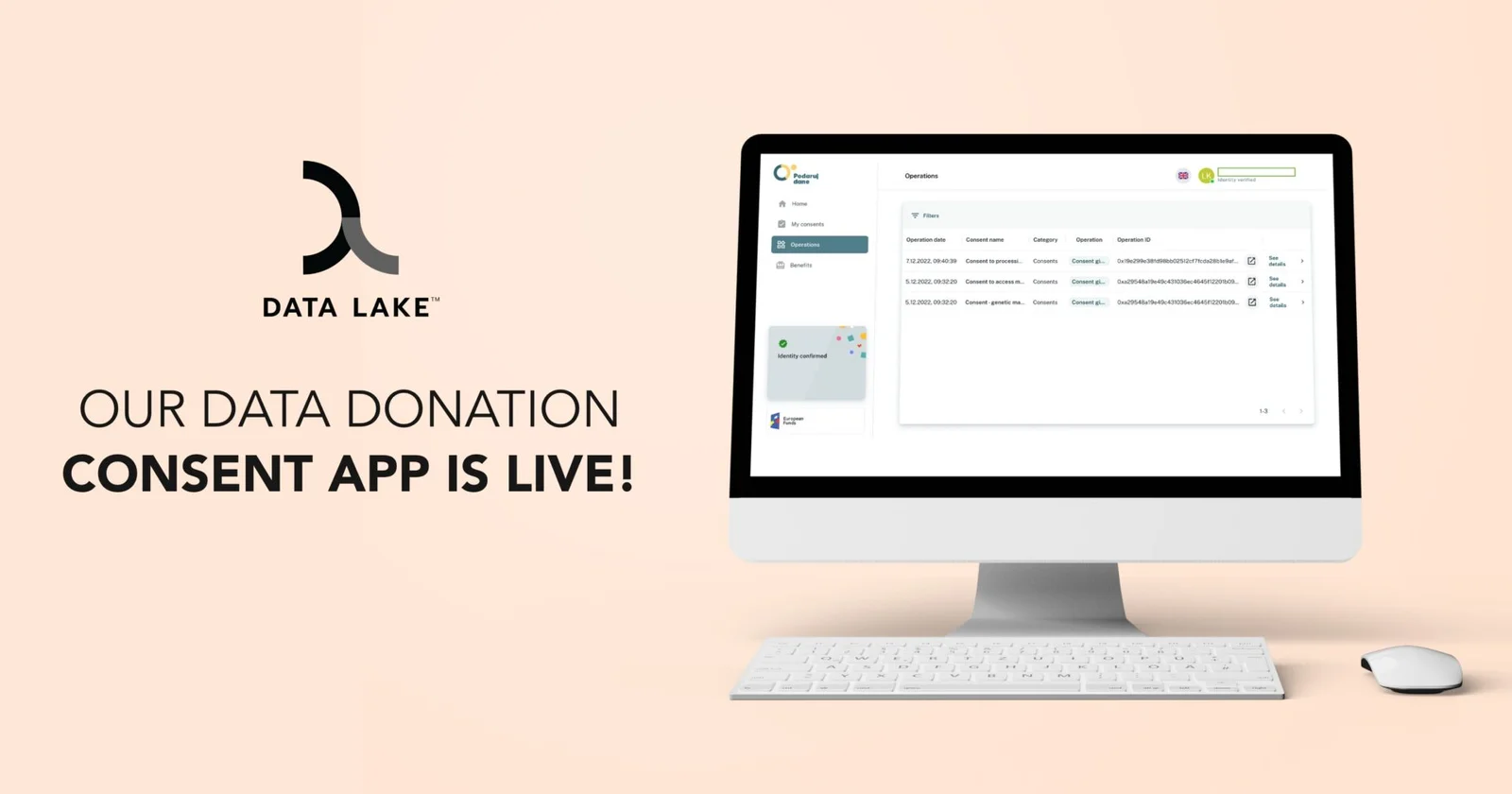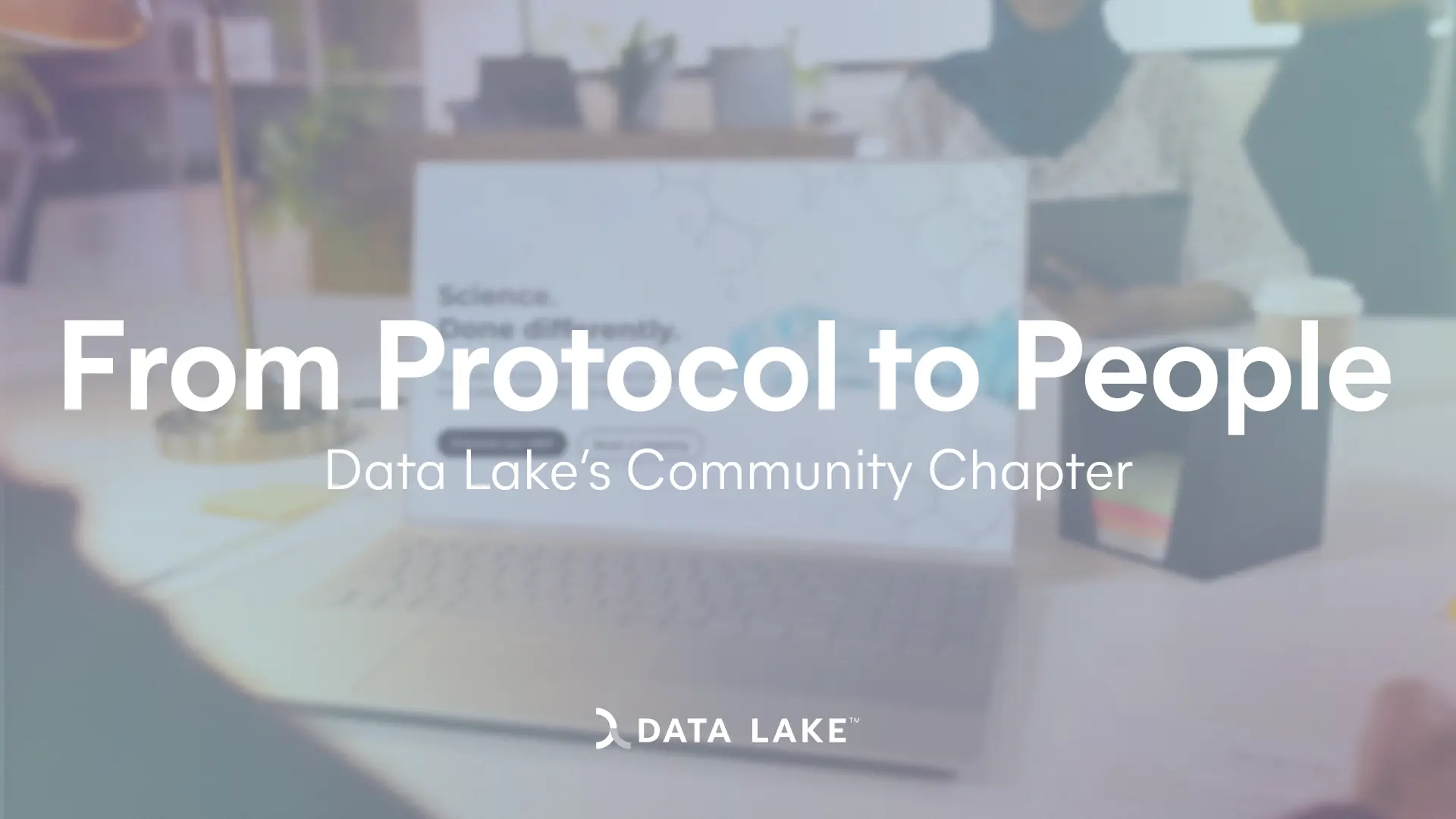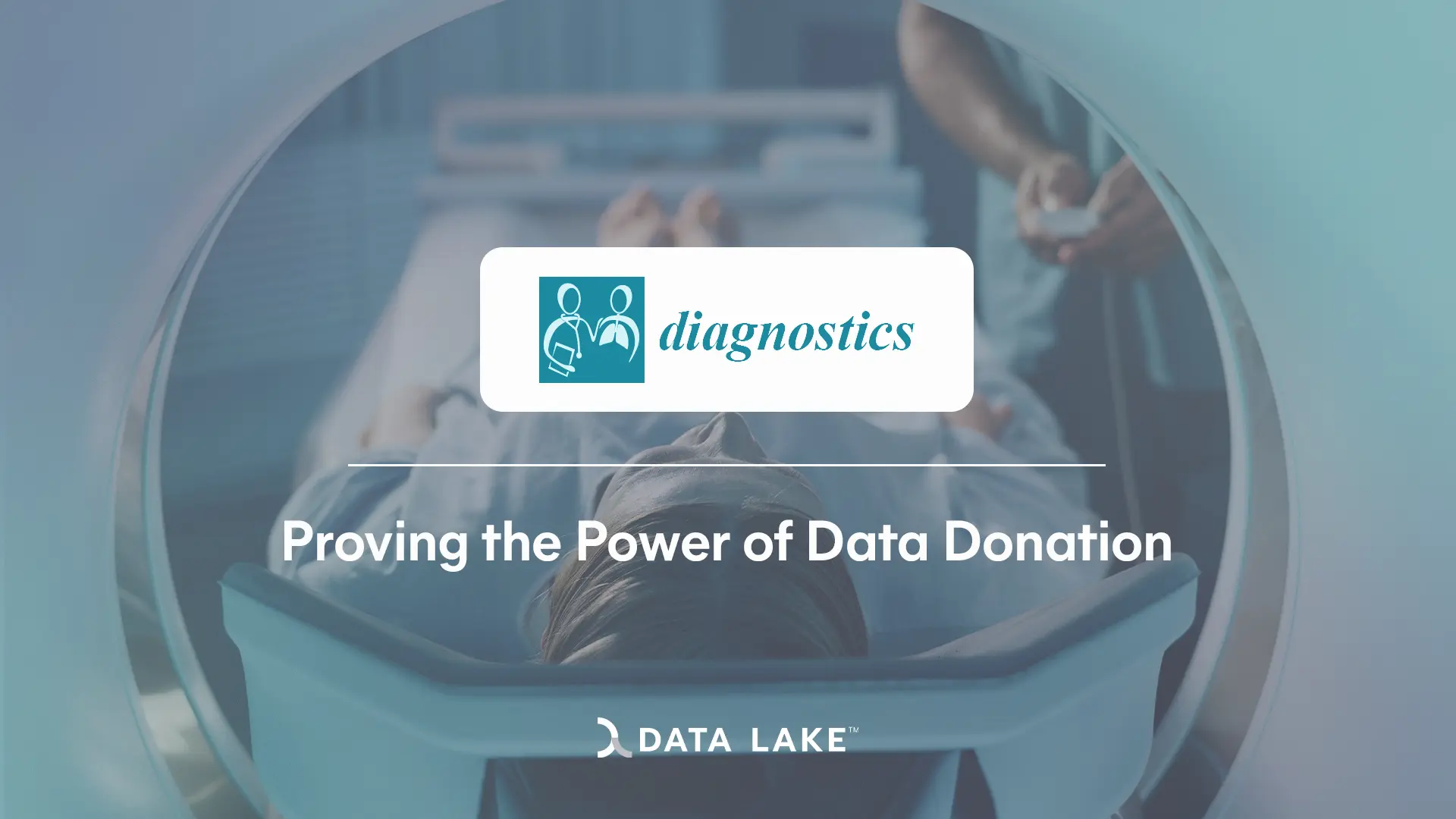Dear Community,
We are beyond excited to share with you that we have just checked off one of the MAJOR milestones from our roadmap! As of today, our medical data consent application is live and accepting signups from Polish citizens!
This is a momentous occasion for us. This isn’t just a proof-of-concept or a demo – this is the fully live system that people will soon be able to use around the globe to donate their medical data to science. We have already collected the very first consents from Polish patients on the blockchain, and we are getting ready to launch a nation-wide digital campaign across Poland!


Our consent application is one of the core technological pieces of our global data donation program, and provides data providers (e.g. hospitals) and data receivers (e.g. researchers) the legal basis for the transfer of medical data, with the express consent of patients.
The consent application can be viewed at https://id.podarujdane.pl – right now only those with a Polish bank account will be able to verify their identity and give consent. That will change in 2023 when we expand to include more countries from around the world!
With our Consent Application now launched, the final piece is in place for our medical data donation system. Thank you all for your support over the last year to get to this point – we deeply appreciate it and we couldn’t have done it without you!
The Data Lake Team




